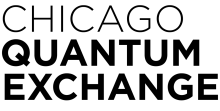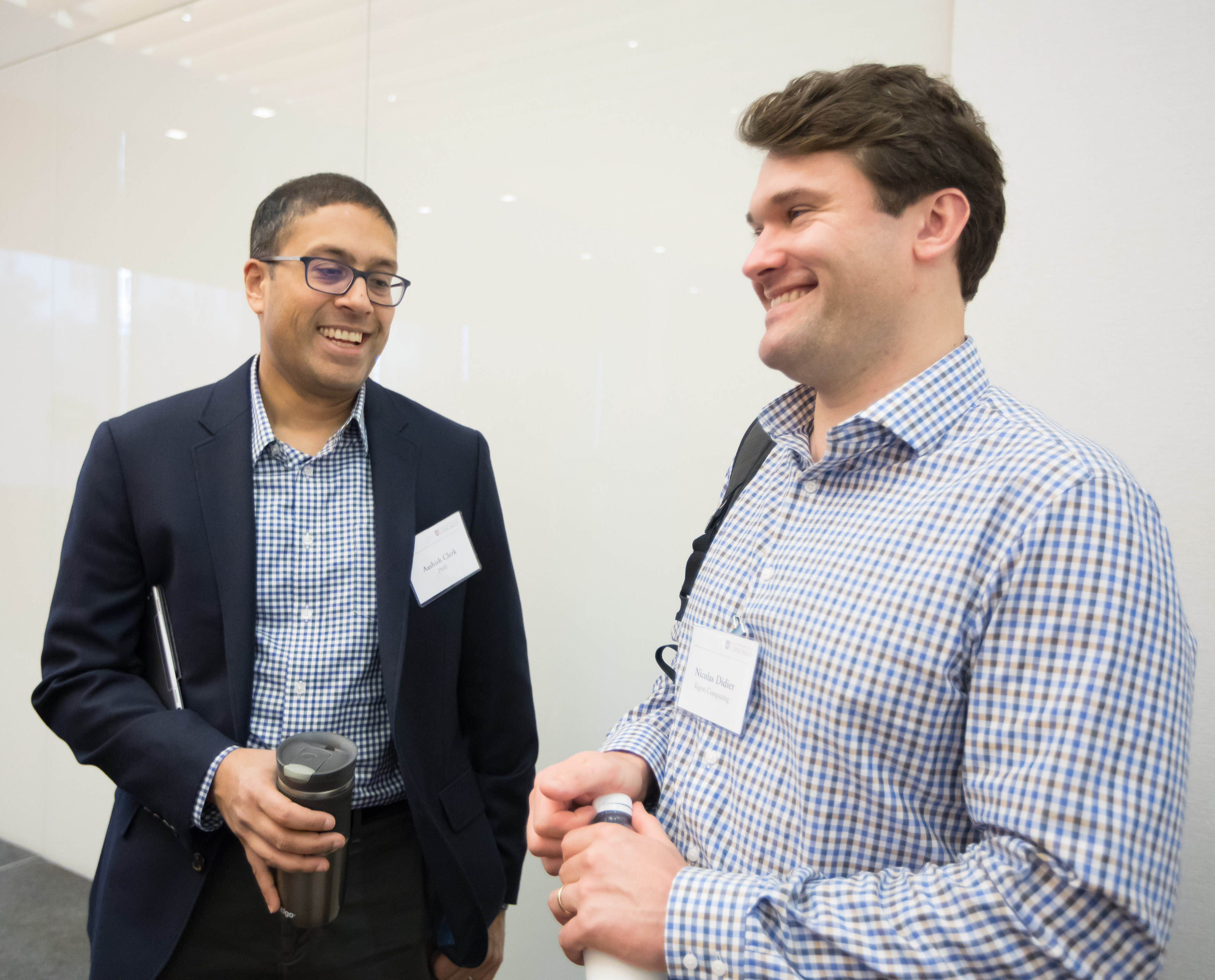Quantum Engineering and Technology
Learn the basics of quantum computing in an accelerated format with UChicago's course in Quantum Engineering and Technology. Space is limited. Save your seat today.
Get In Touch Customize for Organizations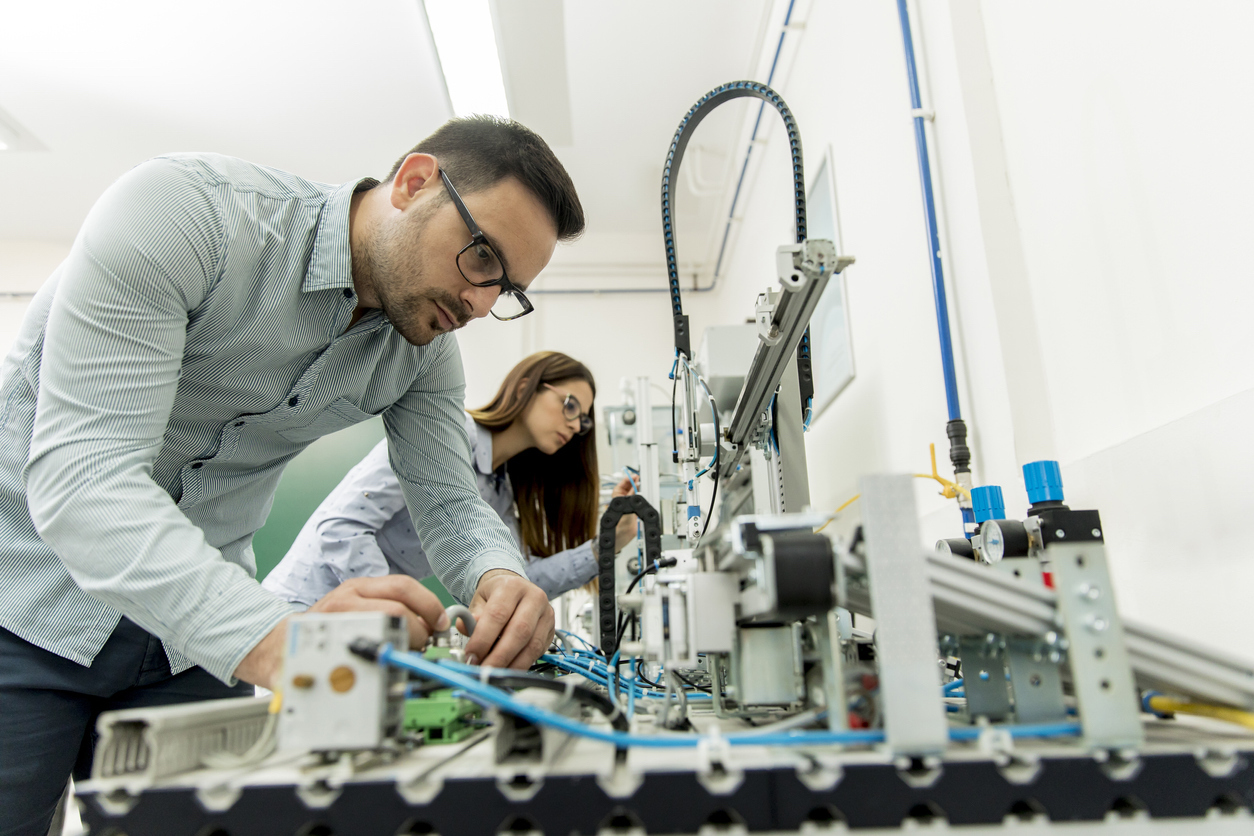
At a Glance
- Enrollment:
- Open enrollment
- Length:
- 4 days
- Format:
- In-person
- Investment:
-
$6,000
Quantum Engineering is Moving Forward. Are You?
Quantum technologies in engineering, physics, and computing are at a unique moment in their development. Trained professionals are needed to help deploy technologies, test quantum theories, and learn modern tools to advance science. Push your career further and discover the possibilities that lie within this exciting field.
Take Your Career into the Quantum-Sphere
Our executive-style Quantum Engineering and Technology course is designed to equip seasoned professionals with an understanding of the foundational concepts, techniques, and applications of quantum information science. Explore how these ideas and modalities will have near and long-term impacts on a broad set of industries, transforming them at rapid speeds. This four-day in-person course will introduce you to relevant fundamentals of quantum engineering and associated quantum technologies, provide interactions with leaders in the field, demonstrations, and networking activities. Bring science—and your career into the future.
Designed For
Designed for electrical and other engineers, materials scientists, and physicists with ten or more years of professional experience and backgrounds in classical physics and engineering, from the materials and communications engineering R and D and other industries.
In-person Quantum Engineering Course Structure
Learning objectives
Through a four-day intensive program, professionals will learn the relevant fundamentals of quantum engineering and associated quantum technologies. Upon completion of this course, participants will be able to:
- Obtain a working understanding of the basic principles of quantum mechanics that are relevant to quantum technologies
- Master a range of quantum technologies, including quantum computing, communication, and sensing; explore how these ideas and modalities will impact a broad set of industries both in the near and long term
- Learn how quantum computing can be leveraged to address a range of practical computational problems; develop an appreciation for the prospects and challenges for devising new applications
- Develop a detailed understanding of state-of-the-art quantum sensing techniques, their potential for future development, and their application to wide range of fields, including materials and device characterization
- Explore quantum technology’s impact on secure communication and cryptography
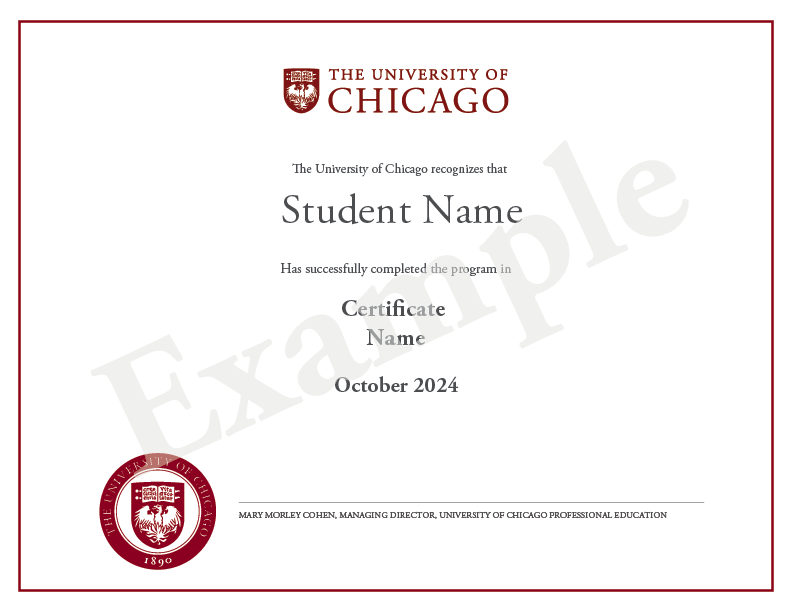
Earn a Credential in Quantum Technology
After successful completion of this course, participants will receive a credential certified by the University of Chicago.
Quantum course schedule
Covering quantum mechanics, computation, and information, this quantum course aims to provide a comprehensive understanding of the subject while sparking curiosity in its practical applications. The course will include lectures, hands-on laboratory sessions, and group discussions.
In the program’s first sessions, faculty leads David Awschalom, Shuolong Yang, and others will provide introductions to quantum mechanics, its applications, and platforms and materials.
Learning objectives
- Grasp the fundamentals of quantum mechanics, including what defines a quantum state and how to measure it, Bell’s inequality, entanglement, superposition, and distributed entanglement.
- Develop an introductory understanding of main applications of quantum information science – quantum communications, sensing, and computing.
- Have an appreciation for the current QIS platforms, including solid state and other qubit type.
- Understand recent advances in materials, their growth and characterizations, and material challenges in quantum information science.
You will next dive into quantum communications with two sessions from faculty leads Liang Jiang and Tian Zong. The program’s first demonstration will be remote quantum entanglement.
Learning objectives
- Understand the applications of quantum communication and cryptography.
- Have an appreciation for the principles and applications of quantum key distributions (QKD).
- Grasp the concept of entanglement and applications of quantum teleportation and super-dense coding.
- Understand the concept of and need for the quantum repeaters and other technological hurdles in the development of quantum networks.
- Have an appreciation for additional engineering and physics issues of quantum communication, including materials and devices, entanglement sources and their engineering concerns, and quantum photonics.
- State-of-the-art quantum communications and future perspectives.
You will then spend a day in quantum sensing and metrology with a demonstration of NV center control from faculty leads Alex High and Peter Maurer.
Learning objectives
- Understand the advantages of QIS on sensing and metrology and the fundamental limits associated with quantum measurements.
- Have an appreciation for the quantum states that can be leveraged in quantum sensing and metrology.
- Understand the current state-of-the-art in quantum sensing technologies.
- Have an understanding of key use cases and future application for quantum sensing and metrology, including biological sensors, atomic clocks, and solid state systems.
Lead by faculty members David Schuster and Hannes Bernien, the program will conclude with fundamentals of quantum computing and a coding demonstration on a quantum computer.
Learning objectives
- Understand the fundamentals of quantum computing.
- Have an appreciation for the challenges in scaling up quantum systems for different platforms/qubit types.
- Have an understanding of key concepts in quantum computing, such as quantum measurement superposition and entanglement, gates, and error correction.
- Grasp software concepts and algorithm use cases such as Grover’s algorithm, those for post-quantum encryption (PCQ), and in quantum chemistry, such as VQE and DFT.
Registration Policy *
The University of Chicago and the Chicago Quantum Exchange are committed to providing the highest quality learning experience for participants of this program. Therefore, registrants must have more than ten years of professional experience, and a master's degree or higher is recommended to participate. All submitted registrations will be prequalified before being allowed to take this course.
*The University of Chicago reserves the right to remove and refund registrants that do not meet the educational and professional requirements necessary to participate in this course.
Enrich Your Career With Quantum
Few professionals can say their work transforms how people live, work, and play. Life-changing work that impacts virtually every area of our lives is within the quantum science career path. Quantum engineering has the power to transform cybersecurity, materials development, computing, and other research areas, and companies in the communications, electronics, optics, and materials industries are examining how to quickly and effectively build a quantum-ready workforce.
Gain powerful skills with the leader in quantum—UChicago
In 1900, physicist Max Planck coined the term ‘quanta.’ In 2021, UChicago researchers sent, for the first time, entangled qubit states through a communication cable linking one quantum network node to a second node. In 2023, UChicago partnered with the University of Tokyo, IBM, and Google to further quantum research, develop the quantum workforce, and to work toward the delivery of a 100,000-qubit supercomputer system by 2033. We are taking quantum into the future, and we’re inviting you to join us.
Quantum engineering jobs
Pursuing a career in this area has immense benefits, some of which include:
- Cutting-edge research opportunities: Quantum science opens the doors to countless research opportunities in areas like quantum computing, quantum cryptography, and quantum materials. As an expert in this field, you will have the chance to be at the forefront of scientific breakthroughs and discoveries.
- High demand for skilled professionals: As quantum technologies continue to advance, there is a growing need for trained professionals who understand the intricacies of this complex field. Pursuing a career in quantum science can lead to many lucrative job opportunities.
- Interdisciplinary knowledge: Quantum science is an inherently interdisciplinary field, with experts required to have a deep understanding of physics, mathematics, computer science, and more. This diverse skill set will prove valuable in any industry, and will help transform the future of Quantum Technologies.
Gartner predicts that 20% of organizations will budget for quantum computing projects by 2023.
The average salary for a Quantum Computing Engineer in the US.
According to the QED-C, the global quantum computing market has an anticipated growth of 27% between 2020 and 2024.
Meet Your Instructors
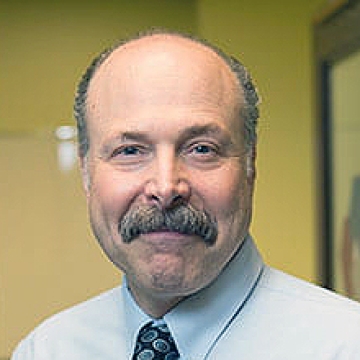
David Awschalom, PhD
Liew Family Professor in Molecular Engineering and Physics, University of Chicago
David Awschalom is the Liew Family Professor in Molecular Engineering and Physics at the University of Chicago, Senior Scientist at Argonne National Laboratory, and Director of the Chicago Quantum Exchange. Professor Awschalom works in the areas of semiconductor spintronics and quantum information...
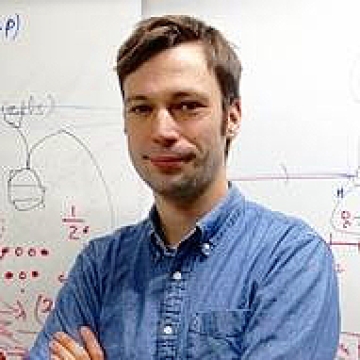
Hannes Bernien, PhD
Assistant Professor of Molecular Engineering, University of Chicago
Hannes Bernien is an Assistant Professor of Molecular Engineering at the University of Chicago. He studies quantum many-body physics and quantum information processing, and seeks to develop new ways of engineering large, complex quantum systems.
Professor Bernien’s research combines techniques from...
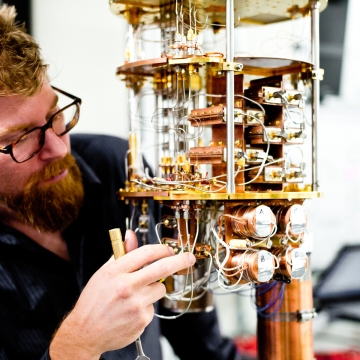
Nicholas Bronn, PhD
Research Staff Member, IBM
Nicholas Bronn is a research staff member at IBM, where he focuses on enabling Qiskit on different hardware platforms, hardware-focused quantum applications, and education of the quantum community at large. Bronn has been responsible for developing and integrating quantum hardware and deploying...
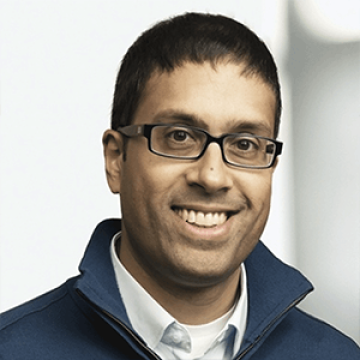
Aashish Clerk, PhD
Professor of Molecular Engineering, University of Chicago
Aashish Clerk is a theoretical physicist and Professor of Molecular Engineering at the University of Chicago. Clerk’s research focuses on understanding complex phenomena in quantum systems that are both strongly driven and subject to dissipation.
Professor Clerk’s research has applications to...

F. Joseph Heremans, PhD
Scientist, Argonne National Laboratory
Joseph Heremans is a Staff Scientist at Argonne National Laboratory. Heremans' research focuses on engineering spin systems in diamond, silicon carbide, and other wide bandgap semiconductors for quantum information, nanoscale sensing, and quantum communication applications.
The spin qubit systems...
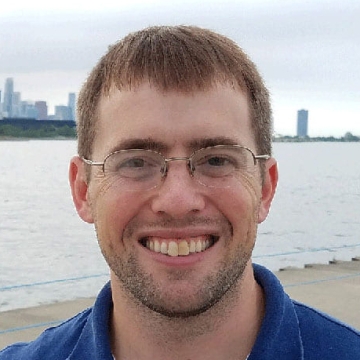
Alex High, PhD
Assistant Professor of Molecular Engineering, University of Chicago
Alex High is an Assistant Professor of Molecular Engineering at the University of Chicago. He studies quantum and optical science and explores new physics and technologies that emerge when quantum systems are engineered at the nanoscale level.
Professor High’s lab explores new methods to craft...
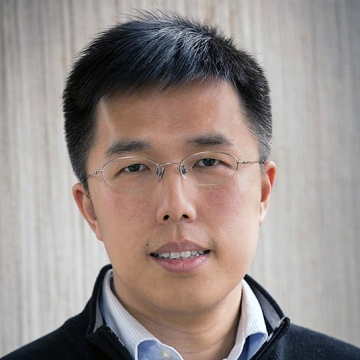
Liang Jiang, PhD
Professor of Molecular Engineering, University of Chicago
Liang Jiang is a Professor of Molecular Engineering at the University of Chicago. He theoretically investigates quantum systems and explores various quantum applications, such as quantum sensing, quantum transduction, quantum communication, and quantum computation.
Professor Jiang’s research...
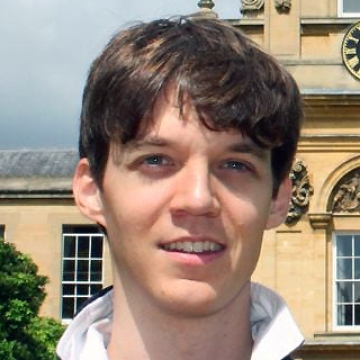
Peter Maurer, PhD
Assistant Professor of Molecular Engineering, University of Chicago
Peter Maurer is an Assistant Professor of Molecular Engineering at the University of Chicago. He studies the development of novel nanoscale quantum sensing and imaging techniques.
Professor Mauer’s research focuses on applying emerging quantum imaging and sensing modalities that enable the...
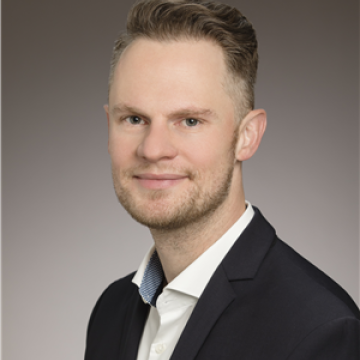
Wolfgang Pfaff, PhD
Quantum Information Science Assistant Professor, University of Illinois at Urbana-Champaign
Wolfgang Pfaff received his PhD in Applied Physics from Delft University of Technology (Netherlands) in 2013, under the supervision of Ronald Hanson. His graduate work focused mainly on the quantum control, measurement, and entanglement of individual spins of Nitrogen Vacancy centers, resulting in...
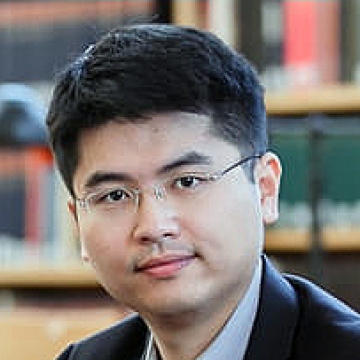
Shuolong Yang, PhD
Assistant Professor of Molecular Engineering, University of Chicago
Shuolong Yang is an Assistant Professor of Molecular Engineering at the University of Chicago. He studies the quantum phenomena emerging at material interfaces, such as interfacial superconductivity and topological orders.
Professor Yang’s research utilizes molecular beam epitaxy to engineer...
Learn more about Shuolong Yang
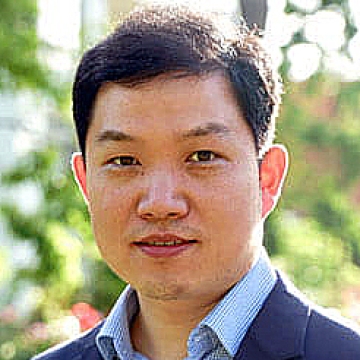
Tian Zhong, PhD
Assistant Professor of Molecular Engineering, University of Chicago
Tian Zhong is an Assistant Professor of Molecular Engineering at the University of Chicago. His areas of research expertise are in quantum photonics, quantum information and networking, solid-state quantum technologies, and hybrid quantum systems.
Professor Zhong’s research focuses on developing...
Meet Our Quantum Network
The Chicago Quantum Exchange (CQE) is an intellectual hub in the Midwest that connects leading universities, national labs, and industry partners to advance the science and engineering of quantum information, train the future quantum workforce, and drive the quantum economy.
The CQE is based at the University of Chicago and anchored by the US Department of Energy’s Argonne National Laboratory and Fermi National Accelerator Laboratory, the University of Illinois Urbana-Champaign, the University of Wisconsin–Madison, Northwestern University, and Purdue University. The CQE community includes more than 50 corporate, international, nonprofit, and regional partners and is one of the largest collaborative teams working on quantum science in the world.
The Pritzker School of Molecular Engineering (PME) integrates science and engineering to address global challenges from the molecular level up. In the University of Chicago tradition of rigorous inquiry, we ask crucial scientific questions that have real-world implications. Our work applies molecular-level science to the design of advanced devices, processes, and technologies. Organized by interdisciplinary research themes, we aim to develop solutions to urgent societal problems, such as water and energy resources, information security, and human health.
The program was established as the Institute for Molecular Engineering in 2011 by the University in partnership with Argonne National Laboratory. In 2019, in recognition of the institute’s success, impact and expansion, and the support of the Pritzker Foundation, the institute was elevated to the Pritzker School of Molecular Engineering—the first school in the nation dedicated to this emerging field.
Contact Us
Our team is ready to discuss the course and answer your questions regarding our registration process. You may request more information about the course in quantum science by filling out the request for information form or by booking an appointment with an enrollment advisor.
Group rates now available
Chicago Quantum Exchange (CQE) member and partner institution participants receive a 10% tuition reduction. CQE member and partner institutions are eligible for a 20% tuition reduction on groups of three or more. All other organizations are eligible for a 10% tuition reduction on groups of three or more. To enroll a group, please contact our admissions team.
Offered by The University of Chicago's Pritzker School of Molecular Engineering
